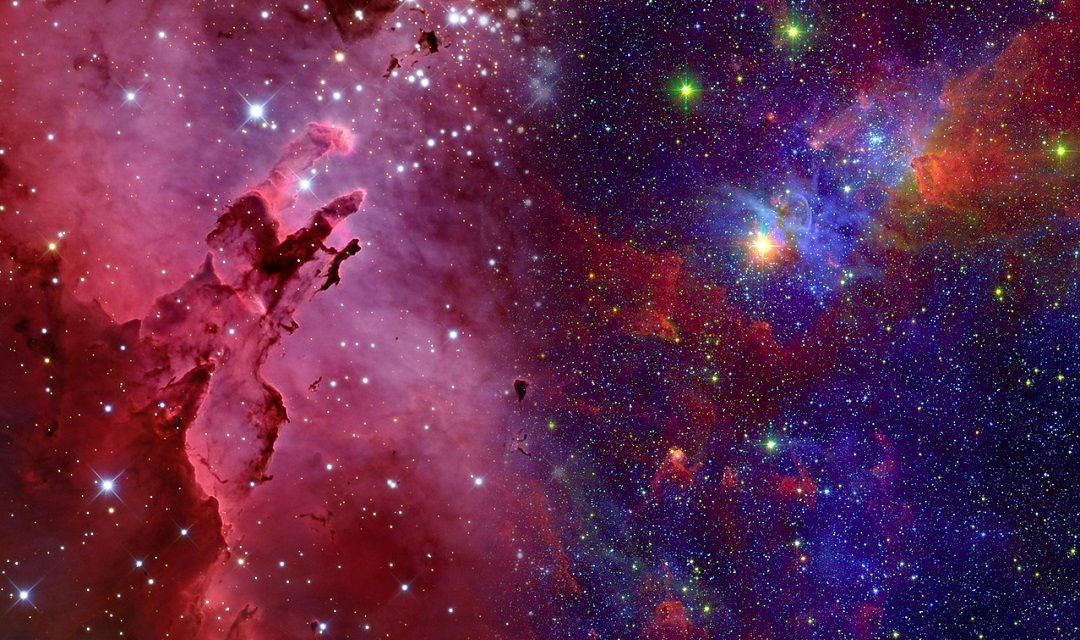By Hank Hanegraaff
The Bible clearly portrays God’s omnipresence. But what exactly does that term mean? Is God dispersed throughout the universe? Or does omnipresence refer to God’s nearness to all of creation all of the time?
First, when Scripture speaks of God as omnipresent or present everywhere (Psalm 139), it is not communicating that He is physically distributed throughout the universe. Omnipresence means that God is simultaneously present—in all His fullness—to every part of creation. Thus, Scripture communicates God’s creative and sustaining relationship to the cosmos rather than any physical location in the cosmos.
Furthermore, to speak of God’s omnipresence in terms of a physical location in the world rather than His relationship to the world has more in common with the panentheism of heretical process theology (currently popular in liberal circles) than with classical Christian theism. Panentheism holds that God is intrinsically in the world like a hand in a glove, while classical theism holds that God properly exists outside of time and space (Isaiah 57:15).
Finally, the danger of speaking about God in locational terms is that it logically implies that He is by nature a material being. The apostle John clearly communicated that “God is Spirit, and those who worship Him must worship in spirit and truth” (John 4:24 nkjv).
Where can I go from Your Spirit?
Or where can I flee from Your presence?
If I ascend into heaven, You are there;
If I make my bed in hell, behold, You are there. If I take the wings of the morning,
And dwell in the uttermost parts of the sea, Even there Your hand shall lead me,
And Your right hand shall hold me.
Psalm 139:7–10 NKJV
For further study, see Gordon R. Lewis, “Attributes of God,” in Walter A. Elwell, ed., Evangelical Dictionary of Theology, 2nd ed. (Grand Rapids: Baker Academic, 2001), 492–99.
***Note the preceding text is adapted from The Complete Bible Answer Book: Collector’s Edition: Revised and Expanded (2024). To receive for your partnering gift please click here. ***
